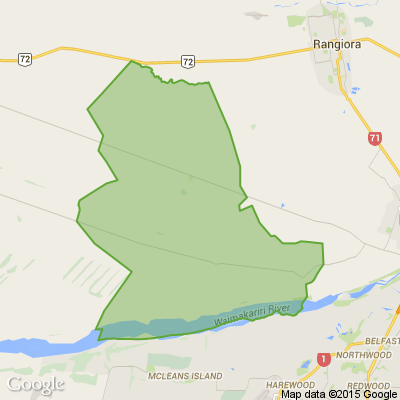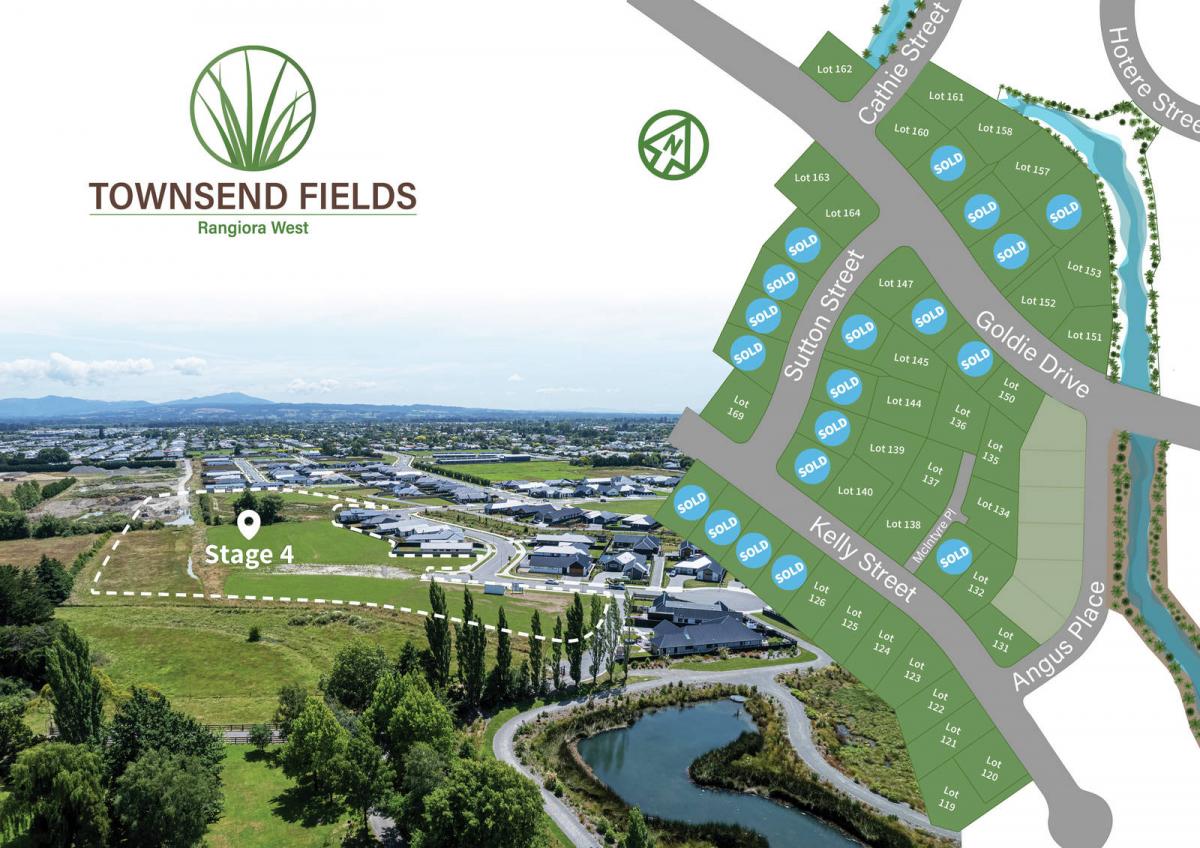Literacy standards trialled at Kaiapoi
By David Hill, Local Democracy Reporter
Kaiapoi High School is hoping to ‘‘get ahead of the game’’ on proposed new literacy standards.
The school has been participating in a Ministry of Education pilot of proposed new literacy and numeracy standards.
‘‘We are so glad we joined it early on because we want to get ahead of the game,’’ principal Jason Reid said.
‘‘It gives you an inside view into the criteria and what is required of our teaching staff and to know where the challenges are for our students.’’
The pilot involved around 40 percent of Kaiapoi’s year 10 students, with students achieving the curriculum levels 3 to 4 at the start of the year.
The aim was to bring the students up to a literacy ‘‘pass’’ at level 5, principal Jason Reid said.
‘‘There was specific teaching developed for this group targeted at raising them to the desired level 5 by the end of the year.’’
An online tool, e-asTTle, was used to track the students’ progress, alongside the pilot assessment. Data collected was passed on to the Ministry of Education.
Reid said the proposed model, as a co-requisite, would have a detrimental effect on students earning NCEA qualifications.
‘‘Every school we have discussed this with, who are also in the pilot, share the same concerns.’’
He said there could be merit, if new literacy and numeracy standards were introduced, in assessing students at year 9 and 10.
Students who ‘‘passed’’ could then concentrate on NCEA in later years, leaving schools to concentrate on bringing the remaining students up to the required level in year 11.
The trial was continuing this year, and if adopted all students would need to pass the literacy and numeracy tests as a co-requisite to NCEA qualifications.
While the literacy and numeracy standards were focused on high school students, Reid said learning needed to start at primary school.
He was grateful for the strong relationships with local primary schools in Te Kāhui Ako Kātote (Kaiapoi learning cluster).
Kaiapoi North School is one school which has embraced structured literacy to give children a head start.
‘‘It all starts at age 5,’’ principal Jason Miles said.
‘‘It is essential for children to develop foundational skills in literacy as it gives them the confidence to give things a go.’’
The school’s approach revolved around phonetics, or sounding out letters and words, which ultimately led to improved spelling, writing, and reading.
The learning cluster played a vital role in information sharing between the high school and local primary schools to better meet the needs of students, Miles said.
Miles is the New Zealand Principals Federation vice-president and a spokesperson for Lifting Literacy Aotearoa.
*Public Interest Journalism funded through NZ On Air

Out with the Old, In with the Confusing!
I have hands but can’t clap.
What am I?
Do you think you know the answer to our daily riddle? Don't spoil it for your neighbours! Simply 'Like' this post and we'll post the answer in the comments below at 2pm.
Want to stop seeing riddles in your newsfeed?
Head here and hover on the Following button on the top right of the page (and it will show Unfollow) and then click it. If it is giving you the option to Follow, then you've successfully unfollowed the Riddles page.

New Year, New Questions You Won’t Solve!
I get smaller every time I take a bath.
What am I?
Do you think you know the answer to our daily riddle? Don't spoil it for your neighbours! Simply 'Like' this post and we'll post the answer in the comments below at 2pm.
Want to stop seeing riddles in your newsfeed?
Head here and hover on the Following button on the top right of the page (and it will show Unfollow) and then click it. If it is giving you the option to Follow, then you've successfully unfollowed the Riddles page.

Clothesline upgrade
Turn a tired old clothesline into a stylish garden feature that brings joy to the chore of getting your washing out in the sun. Finish in Resene Waterborne Woodsman Crowshead. Find out how to create your own with these easy step by step instructions.








 Loading…
Loading…








